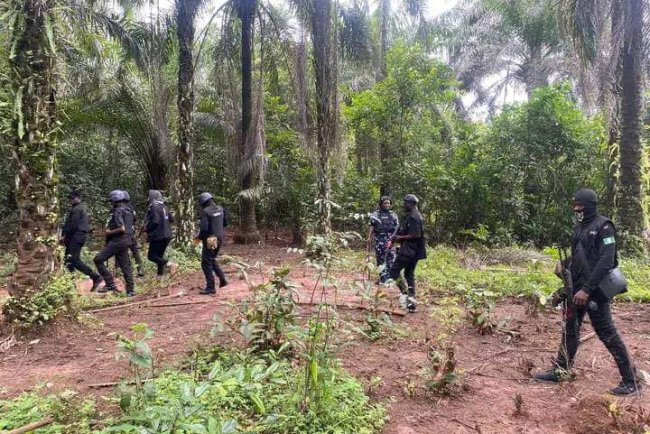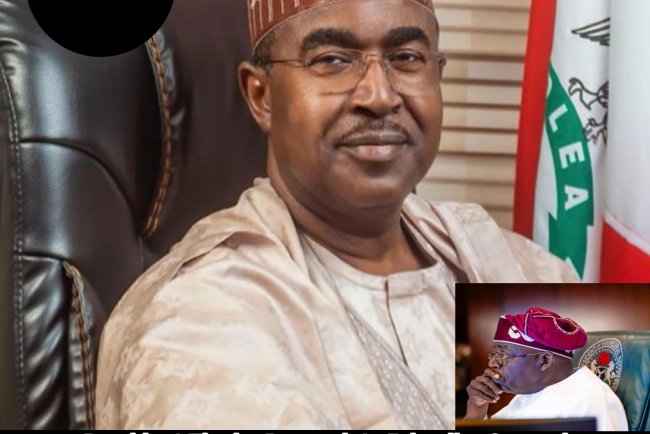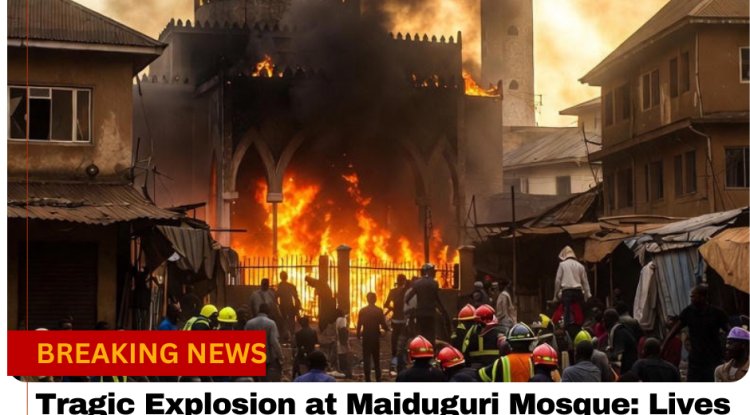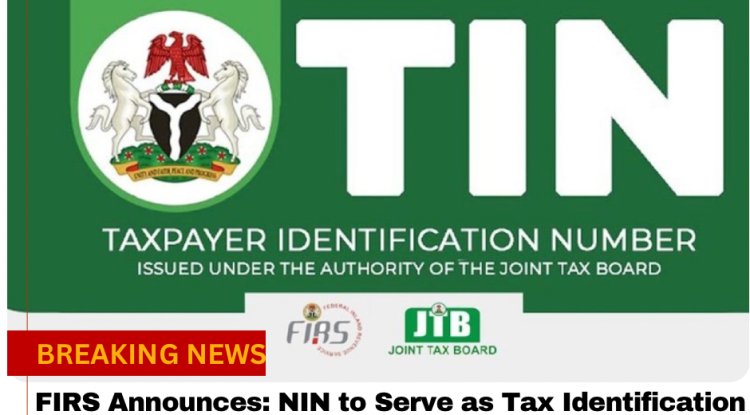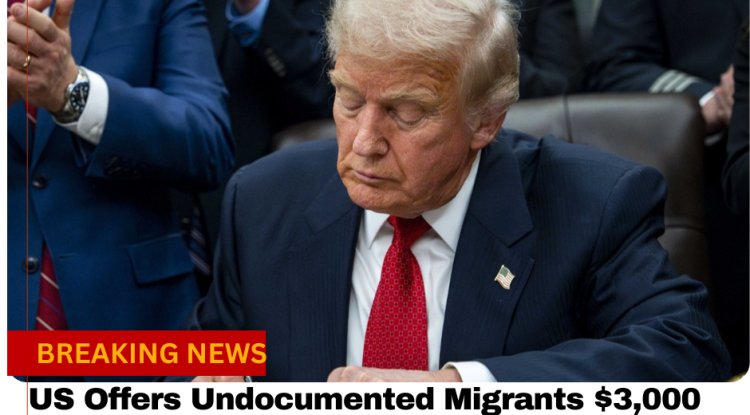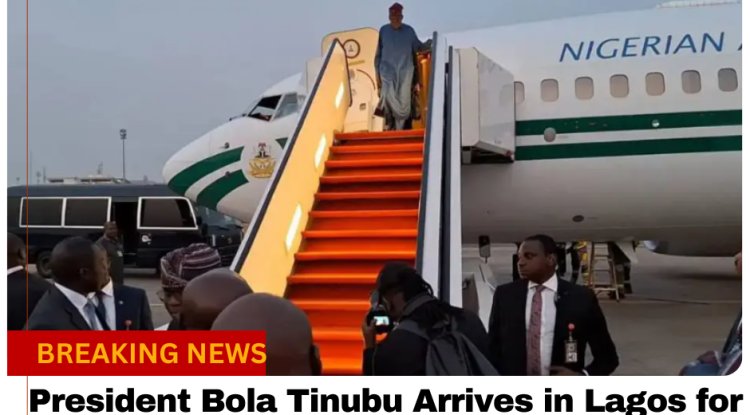Tinted Glass Permits: Police Say Court Order Not Yet Served
The Nigeria Police Force says it hasn’t received a Federal High Court order halting tinted glass permit enforcement, despite a Warri ruling on October 3, 2025.
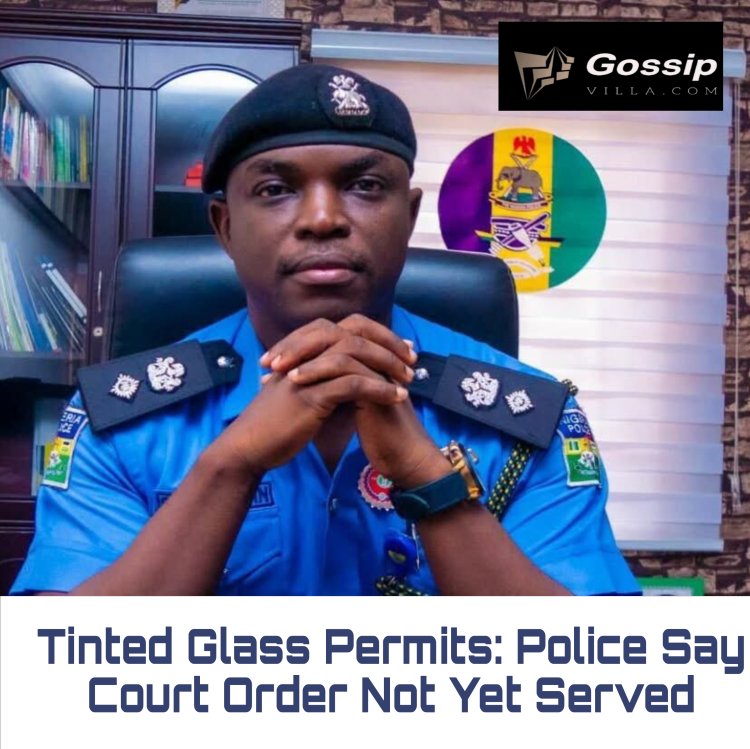
Tinted Glass Permits: Police Say Court Order Not Yet Served
In a fresh twist to Nigeria’s ongoing debate over vehicle tinted glass regulations, the Nigeria Police Force (NPF) has stated that it has not yet been officially served with a recent court order halting the enforcement of tinted glass permits. This announcement came from the Force Public Relations Officer (FPRO), CSP Olumuyiwa Adejobi—no, wait, the current FPRO is CSP Benjamin Hundeyin—on October 4, 2025, just a day after a Federal High Court in Warri issued an interim injunction directing the police to maintain the status quo. As enforcement operations kick off in states like Niger and Sokoto, this development leaves many vehicle owners in limbo, wondering if they need to scramble for permits or can breathe easy for now. The policy, rooted in a 1991 military-era law and revived in April 2025, has sparked widespread controversy over privacy rights, security needs, and potential police extortion.
The Court Order
The drama unfolded on October 3, 2025, when Justice A.T. Mohammed of the Federal High Court in Warri granted an interim order in the suit filed by human rights activist John Aikpokpo-Martins (Suit No. FHC/WR/CS/103/2025: John Aikpokpo-Martins v. Inspector General of Police & Nigeria Police Force). The ruling explicitly directed the NPF and Inspector-General Kayode Egbetokun to pause enforcement of the Motor Vehicles (Prohibition of Tinted Glass) Act, 2004, pending a full hearing. This came amid growing public outcry, fueled by fears of harassment at checkpoints and questions about the law’s constitutionality in a democratic era.
Human rights lawyer Inibehe Effiong amplified the news on X (formerly Twitter), celebrating it as a win against overreach and urging the police to comply immediately. Jubilation spread online, with many Nigerians hailing it as relief from what they see as an outdated regulation that invades privacy and enables roadside bribery. However, the police pushback was swift. In a statement, Hundeyin clarified that the NPF only acts on formally served documents, not social media reports or unverified claims. “We do not receive nor act on social media status quo orders,” he emphasized, echoing a similar stance from earlier in the week when the police vowed to proceed despite a separate NBA challenge.
This isn’t the first legal skirmish. Back in September 2025, the Nigerian Bar Association’s Section on Public Interest and Development Law (SPIDEL) filed Suit No. FHC/ABJ/CS/182/2025 at the Federal High Court in Abuja, arguing the policy violates Sections 34, 35, and 41 of the 1999 Constitution (guarding dignity, personal liberty, and movement) and the African Charter on Human and Peoples’ Rights. Led by Paul Ananaba, SAN, the suit questions the validity of the 1991 decree, a relic from military rule that prohibits tints darker than 50% without a permit. The police, however, dismissed these claims as “misleading,” insisting the rule is “legal and constitutionally valid” to combat crime.
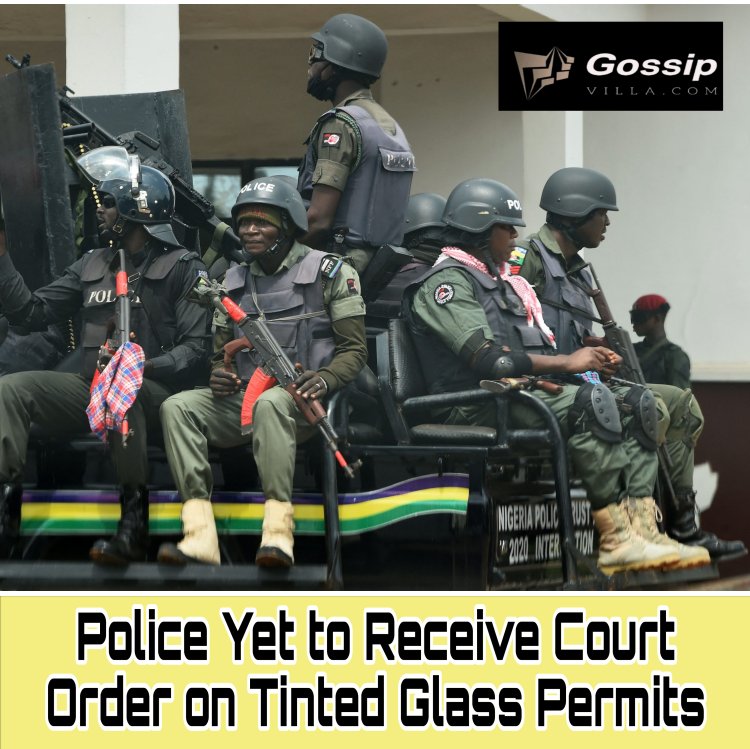
Enforcement Rolls On
Despite the Warri ruling, some police commands aren’t waiting around. In Niger State, operations began on October 3, with officers at strategic checkpoints in Minna verifying permits and impounding non-compliant vehicles under the 2004 Act. Commissioner of Police Shawulu Danmama Eboka praised motorists’ cooperation but warned that ignorance is no excuse—offenders face prosecution, with impounded cars potentially leading to fines or jail time. Even a state lawmaker, Abu Adamu Gomna, was stopped and asked for his permit, highlighting that no one is above the law.
Sokoto State joined the fray on October 2, deploying mobile courts for on-the-spot trials of violators. Yobe extended a grace period to October 6 but issued stern warnings, while Anambra, Benue, Kogi, and the FCT are still in sensitization mode, educating drivers via radio and social media. Delta Police, meanwhile, seized 25 vehicles in a crackdown, underscoring the policy’s revenue potential—permits cost ₦14,200 annually, which critics say turns security into a cash cow.
The NPF’s portal for applications has seen a surge, but complaints of glitches and delays abound. Existing permits from before a 2021 suspension remain valid, per a 2021 directive from then-IG Usman Baba, but the revival has reignited old grievances.
Public Backlash
Nigerians are divided. Supporters argue tints aid kidnappers and armed robbers, hiding faces during crimes—a point Hundeyin hammered home, linking the policy to curbing insecurity. One X user noted, “In a country with rising kidnappings, this is necessary for safety.” But detractors, including the NBA, decry it as a human rights violation, especially since factory-fitted tints on many cars make compliance a hassle. Fears of extortion are rife; stories of officers demanding bribes at checkpoints have gone viral, with one motorist tweeting, “This is pure extortion—remove tints or pay up!”
The policy’s history adds fuel: Suspended in 2021 and 2022 to curb abuse—police were even barred from demanding permits during routine stops—its 2025 comeback under IG Egbetokun was pitched as a security boost but quickly faced NBA scrutiny. Critics like Femi Asiru question: If the law is so vital, why the on-off enforcement?
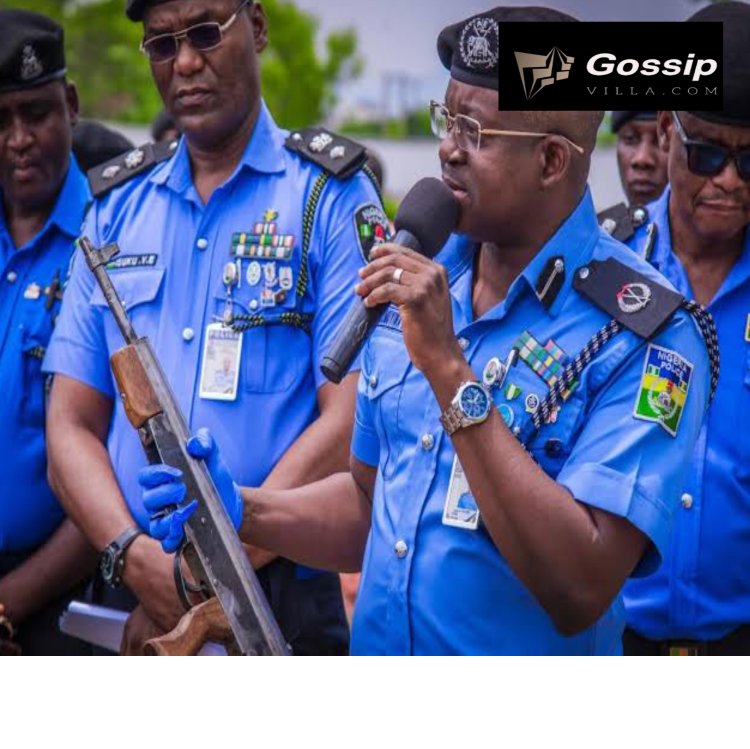
What’s Next?
Until the police receives and acknowledges the Warri order—expected soon—this legal limbo persists. Hundeyin advised motorists to apply via the official portal to avoid risks, but rights groups urge caution, warning against arrests that could later be deemed unlawful. The Abuja NBA suit hearing looms, potentially striking down the policy entirely.
For now, drivers should carry any existing documents, stay informed via official channels, and report harassment to SPIDEL or hotlines. This saga spotlights Nigeria’s broader tensions: balancing security with freedoms in a nation where trust in law enforcement is fragile. Will courts finally modernize this dusty law, or will enforcement grind on? Only time—and proper service—will tell.
As the dust settles, one thing’s clear: In Nigeria’s roads, the line between protection and intrusion is as thin as a windshield tint.
News Sources:
What's Your Reaction?







